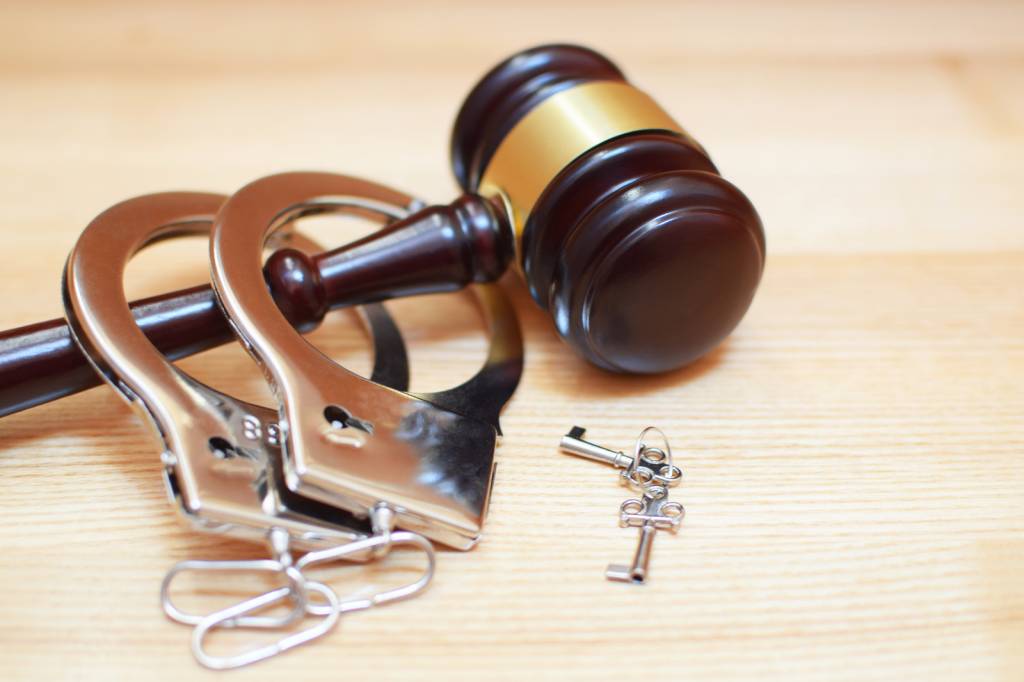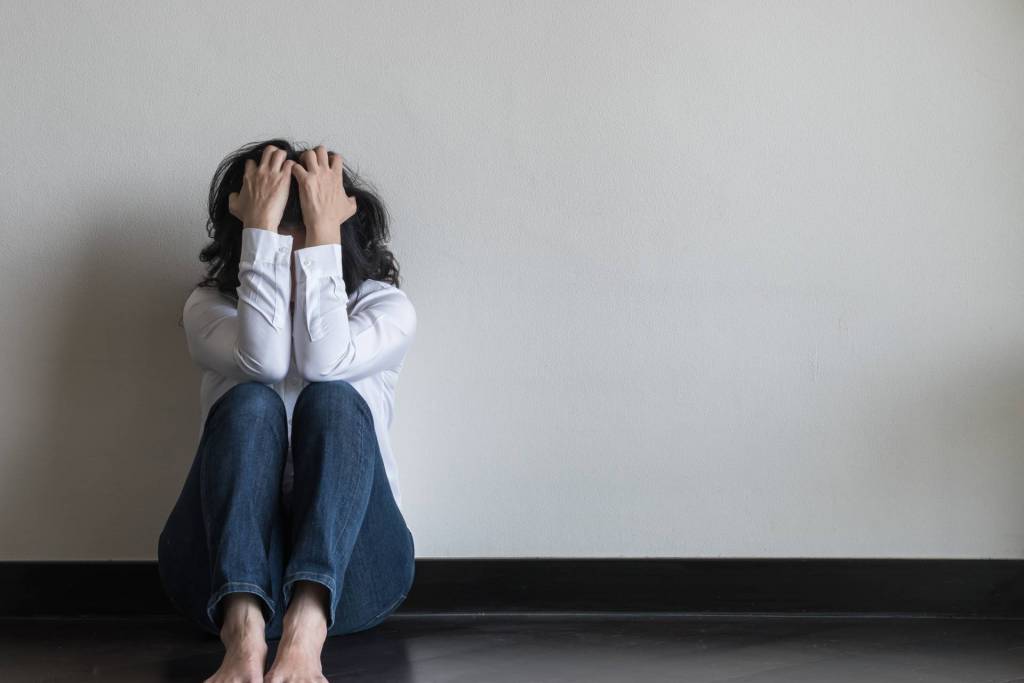Cannabis in small amounts is legal for adults in California, unless you possess, transport, or grow too much of it. Cocaine, heroin, and a number of other drugs can still get you in serious legal trouble. If that happens, you must contact an experienced Los Angeles criminal defense lawyer at once.
You are reading a brief, basic introduction to California’s harsh and complicated drug laws. You’ll learn what kind of penalties to expect if you’re convicted of a drug crime in this state, and you will also learn how a defense attorney can help you if you are facing a serious drug charge.
More than 1.6 million drug law violations were reported in the U.S. in 2017. Overwhelmingly, the charges were for illegal drug possession. In fact, 85.4 percent of the charges were possession charges, and only 14.6 percent were charged for manufacturing or selling illegal drugs.
WHAT DO THE COURTS CONSIDER IN CALIFORNIA DRUG CASES?
Any time that someone is charged with illegal drug possession in this state, a court will consider the type of drug, the quantity the defendant possessed, and whether the drug was intended for sale or for the defendant’s personal consumption.
Other factors that a court will consider when it sentences a defendant who’s been convicted of a drug crime include the defendant’s previous drug crime convictions, if any, and whether or not firearms or juveniles were involved in any way with the crime.
Since the voters in California approved Proposition 47 in 2014, the simple possession of an illegal drug (whether it’s narcotics, hallucinogens, opiates, or even too much pot) can only be charged as a misdemeanor, and the maximum penalty is one year in a California county jail.
CHARGED WITH A DRUG CRIME? WHAT DEFENSES ARE AVAILABLE?
What will a criminal defense attorney do on your behalf if you are charged with a drug crime? Listed below are the most common legal defenses offered by the criminal attorneys who represent defendants accused of drug crimes in California:
- Entrapment: Illegal entrapment occurs when law enforcement officers or informants pressure or lure someone into a criminal act that the person may not have committed otherwise. Candidly, entrapment is rarely a successful defense in a drug case.
- “Not me”: The most widely used defense against any criminal accusation is “not me.” For instance, if police officers see drugs in the back of your vehicle, your lawyer may insist that the drugs were a previous passenger’s and that you were unaware of them.
- Illegal search and seizure: If the police find illicit drugs in plain view, the drugs may be seized as evidence, but if drugs are not in plain view and are found without a warrant or a suspect’s consent to a search, in many cases, a possession charge will be dropped.
- Planted drugs: This is another form of the entrapment defense, and it’s difficult to prove, but your defense attorney can determine if the police officer who arrested you has bent the rules – or has been accused of planting evidence – in previous cases.
- Inaccurate chemical analysis: A prosecutor must prove that what the police seized from the defendant was actually an illegal drug. This will require laboratory analysis. The state may ask a lab chemist to testify and explain the laboratory analysis at trial.
- The state does not have the drugs: At trial, a prosecutor must produce the drugs in question. Otherwise, there is no proof that they exist. Before a trial begins, drugs are frequently exchanged, transferred, and misplaced or lost.
WHAT DOES PROPOSITION 36 PROVIDE?
While these are the defenses that are most frequently offered at drug possession trials, the reality is that most drug cases don’t even go to trial. The evidence of guilt in most of these cases is strong, so most drug case defendants seek plea bargains or alternative sentencing arrangements.
Proposition 36 (the “Substance Abuse and Crime Prevention Act” or SACPA) was approved by the voters in California back in 2000. Under Proposition 36, anyone charged with a non-violent drug crime may qualify for court-ordered rehabilitation and counseling in lieu of a jail sentence.
And in 2014, Assembly Bill 2124 went into effect, meaning that anyone who faces a simple misdemeanor drug possession charge may have the case entirely dismissed – with no conviction – upon completion of treatment or drug education classes.
WHAT ABOUT PLEA BARGAINS?
Plea bargains are also frequently negotiated in California drug possession cases. If you are charged with any type of illegal drug possession, have your defense lawyer spell out and explain in detail all of your plea bargain and sentencing options.
Your attorney may recommend accepting or rejecting a plea bargain. Your attorney may suggest insisting on or waiving your right to a trial. It’s imperative to consider seriously your attorney’s suggestions, but the final choices about how to proceed with your defense are yours alone.
WHAT ABOUT MORE SERIOUS DRUG CHARGES?
If you are charged with a more serious drug crime in the state of California – a charge such as drug sales, distribution, or manufacturing – and if you are convicted, you will be facing what is potentially a lengthy sentence in a California state prison.
In these more serious drug cases, to have any hope of avoiding a conviction, a defendant must be advised and represented by a Los Angeles criminal lawyer who has substantial experience representing defendants who face serious drug charges.
With a skilled defense attorney advocating on your behalf, you may be able to reduce the charge against you or negotiate for alternative sentencing. Of course, if you are convinced that you are not guilty, you should reject any deal or plea bargain and insist on your right to a jury trial.
WHAT WILL YOUR ATTORNEY DO IF YOUR DRUG CASE GOES TO TRIAL?
If your drug case does go to trial, your attorney will scrutinize the state’s case for any flaw or weakness in the evidence. Your lawyer will then exploit that weakness to cast doubt on the state’s case against you. Finally, your attorney will ask the jurors to return a not guilty verdict.
If you are charged with a drug crime, a good defense attorney’s help is your right. But if you are charged with a drug crime, it’s up to you to take the first step and make the call to a good defense lawyer at once. Your future – and your freedom – will be what’s at stake.







